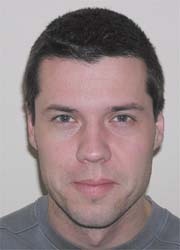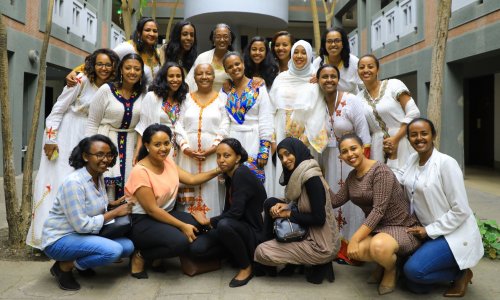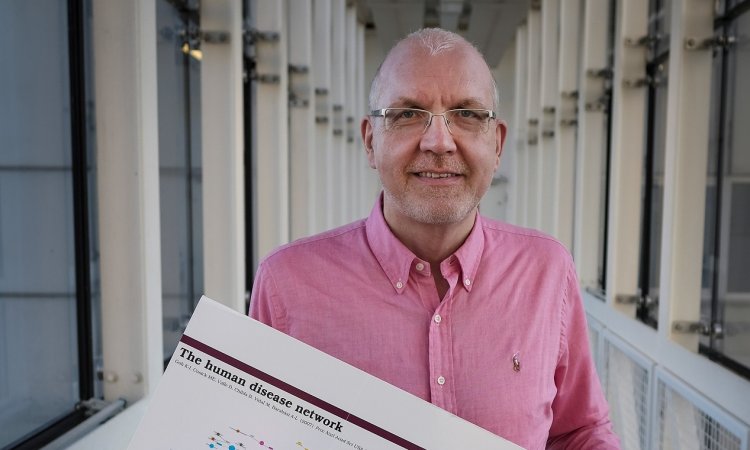Meeting the needs of different cultures: The Czech Republic
Our correspondent Rostislav Kuklik (above) reports that the physician-to-patient relationship is always very specific when it comes to different cultures or ethnics. 'Worldwide, local doctors who care for patients from other than a major cultural background must be prepared to handle difficult situations, and solve truly unexpected issues.'

That’s also true for Czech physicians, who may be confronted with patients coming basically from two different groups: visitors from abroad or local minorities, such as gypsies, the latter representing most of the potential patients from different cultural backgrounds, because 300,000 of them live in this country. No exact data exists on this, because there is huge difference between the number of people actively endorsing their gypsy origin and the number who claim gypsy as their primary language (mother tongue). Estimates of their real count vary between 200,000 and half a million individuals.
In terms of foreigners, physicians don’t usually face many problems during their care, because they all come here on purpose – for business, tourism, or as patients seeking medical procedures that are cheaper than in their own countries, or for similar reasons – and it is highly likely that they come from a good social environment, at least middle class. In any case, all doctors need to solve their healthcare problems, deal with sometimes demanding communication, and satisfy these patients, is a good command of English, empathy, and the usual professional attitude towards a patient. When it comes to local gypsy patients, communication may become very tricky in the blink of an eye. In this regard, their behaviour patterns are very similar to other Indo-European nations, which include their very strong family relations and loud emotional expressions and gestures. However, any physician with average psychological skills and much patience can relatively easily handle large families (around 10 members coming to visit is normal). A real problem emerges when a gypsy patient is hospitalised and must pay for the treatment. This is a very sensitive issue, because many are either long-term unemployed (lifetime unemployment is not an exception in this ethnic group) or currently without an income. According to United Nations research in 2003, about 70% of gypsies in the CEE region live solely on state unemployment benefits and child allowances. In truth, gypsy patients praise physicians as people with almost extraordinary powers, but saving money comes first, so lengthy talks about how much to pay accompanied by a little shouting is quite usual.
It must therefore be remembered that the gypsy patient requires specific professional attitude with regard to the specificity of their thinking and social behaviour:
• Health and related problems are very sensitive topics – the entire family becomes involved, and the patient draws a lot of family attention onto himself.
• They are very reserved in terms of gaining their trust – a physician must present considerable strength to prove to them that he is trustworthy.
• Reasonable judgment must be used whenever it comes to clinical signs of the disease – the gypsy patient hardly ever straightforwardly says what his or her real problems are, tending to either under or over estimate their symptoms.
• Due a different psychology, physician needs to be careful in terms of differently expressed disease subjective symptoms (pain, etc.).
All in all, simple communication patterns, considerable empathy, awareness of various social specifics, and heedful, tactful behaviour are more than recommended for anyone who deals with gypsy patients. However, many sensitive questions remain and one surpasses all others: Is it really sensible that physicians are forced by so-called socially obnoxious circumstances to learn how to behave in front of similar patients? Wouldn’t it be far better if patients coming from minority populations learn how to change their behaviour, especially when seeking medical help from real professionals with an academic education?
17.02.2009





